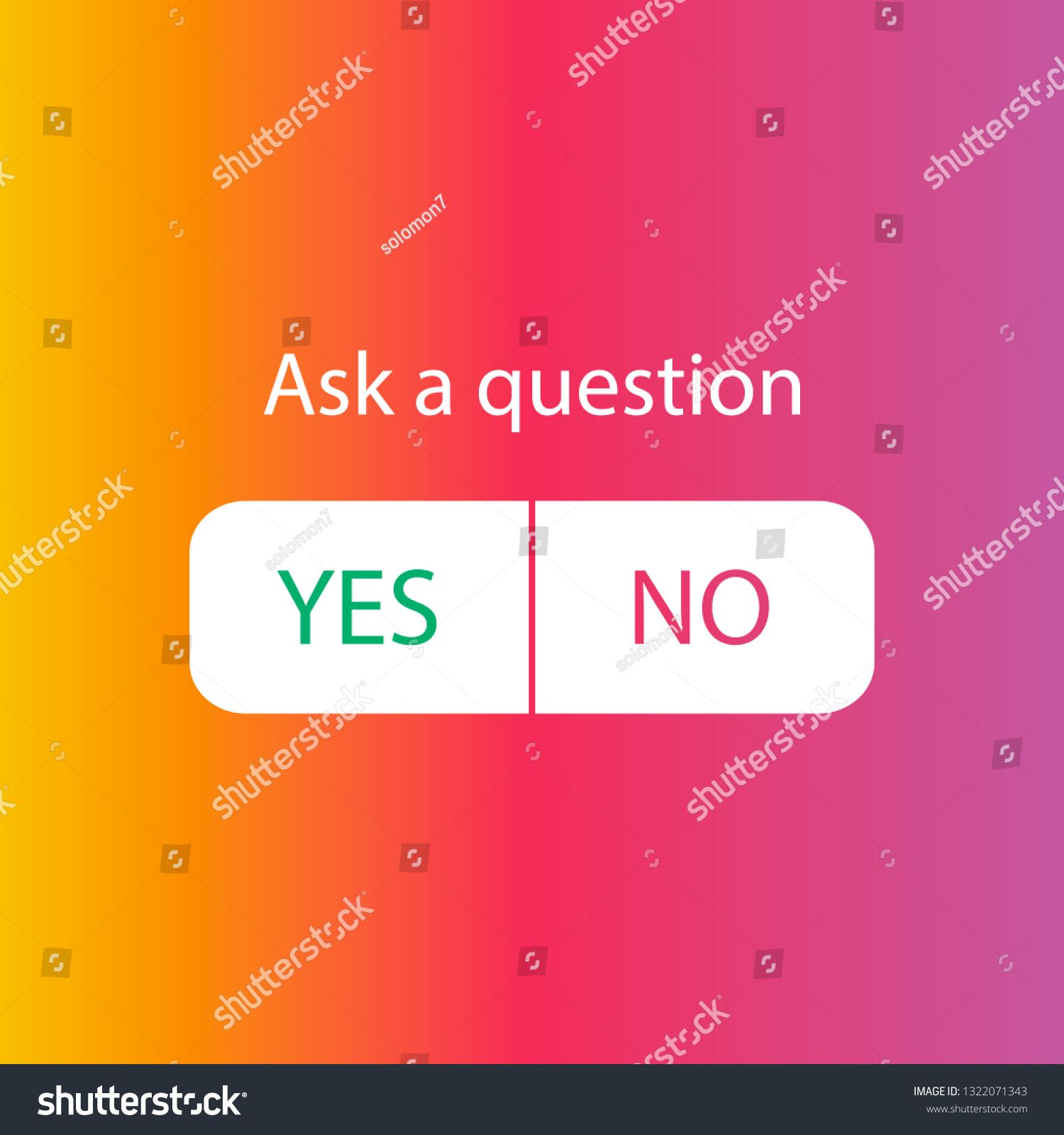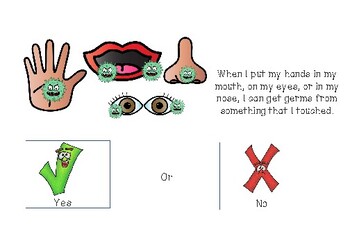

What you do is even more important than what you say. If you have trouble at school or anywhere else, I want you to tell me.” You can be powerful in protecting yourself and respectful at the same time. Your job is to stay in charge of what you say and do so that you are not being harmful or scary, even if you feel really annoyed, scared, or upset. I also want you to act safely and respectfully towards others.

Your job is to speak up if someone is saying or doing something that is hurtful to you – and to get help from the adults in charge if that doesn’t work.

How do I help protect the young people in my life from bullying?Ĭhildren and teens need consistent, repeated messages from their parents, teachers, principals, coaches, recreations leaders, and other caring adults that, “I want you to be and feel safe. Being safe means freedom from harm to your body and your feelings. The bottom line is that everyone has the right to be treated with respect and the responsibility to act respectfully towards themselves and others.
#Yes or no social questions kids how to
Learning how to take charge of their own emotional and physical safety, how to act safely and respectfully towards others even if they feel frustrated or upset, how to set boundaries and respect the boundaries of others, and how to advocate effectively to help others empowers most people and gives them tools to better manage future conflicts and relationship issues. The good news is that the social-emotional skills that can prevent and stop most bullying and harassment are also important in developing healthy relationships. People can also be hurtful to each other because of thoughtlessness, annoyance, poor boundaries, and experimenting with negative uses of their power without realizing the impact. While kids need adult supervision so that they learn how to deal with conflict constructively, most upsetting behavior between people is NOT bullying. What is the difference between bullying and normal conflict between peers?Ĭonflict is a normal part of most relationships because people have different perspectives and priorities. Young people who are being bullied are especially likely to feel trapped and alone because they usually don’t have a choice about where they live, go to school, or play. Bullying takes place between people of all ages, identities, and walks of life. Bullying can happen anywhere people gather, either in the real world or the virtual world. Bullying behavior occurs in schools, sports, youth groups, work places, social groups, senior centers, and online activities. People can bully others directly, in person indirectly, such as by gossiping or ‘badmouthing’ by voice to others or through any form of communication technology including talking on the phone, writing, texting, emailing, recording, and in gaming environments. In addition, even one unresolved incident of feeling personally attacked can cause lasting upset even if it does not fit the technical definition of bullying.īullying takes many different forms including physical threats or violence name-calling and teasing mocking shunning and ostracism and social attacks on someone’s reputation. However, someone can have less power than others for many reasons – being shy, being different in any way, lacking confidence, having problems at home, having a disability, being of a minority race or religion, being a high achiever, or lacking physical strength. The technical definition of bullying is, “a repeated oppression, psychological or physical, of a less powerful person by a more powerful person or group of persons.” Bullying is different from aggression between people of equal power. For more information, please visit our Bullying Solutions Resources and our Services for Schools and Organizations. Since 1989, Kidpower has served over 4.5 million children, teenagers, and adults, including those with special needs, through our workshops, partnerships, and educational resources. These skills and strategies help to keep people safe from most bullying, abuse, prejudice, and violence. Kidpower Teenpower Fullpower International is a global nonprofit leader dedicated to providing effective and empowering child protection, positive communication, and social safety skills for all ages, abilities, cultures, and walks of life.

What does bullying look like? How can we recognize and stop bullying in our families, youth organizations, teams, and schools? The following information is from our book Bullying – What Adults Need to Know and Do to Keep Kids Safe.
#Yes or no social questions kids pdf
Author | Permission to Use Info | Print PDF English | Español


 0 kommentar(er)
0 kommentar(er)
